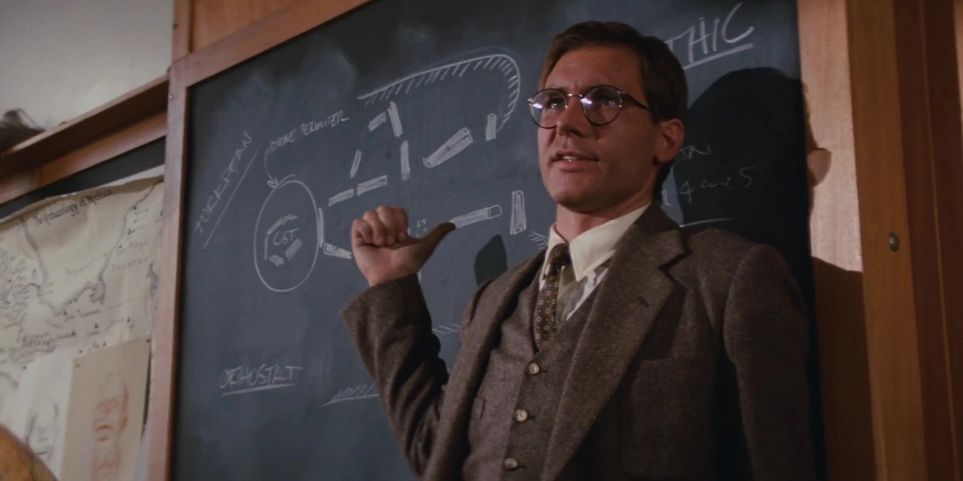Professor Sues Students After Exams Posted Online
After discovering answers to his test online, a college professor is suing cheating students for Copywrite infringement.

A California college professor has decided to take his fight to court. More to the point, the Chapman University professor suspects a number of his students of cheating on two exams and has every intention of holding them accountable. Although he is taking them to court, he has no idea of who he is suing.
David Berkovitz is a college professor at Chapman’s George L. Argyros School of Business and Economics, filed a lawsuit in U.S. District Court against a student or students who were only identified as “John Does.” The lawsuit claims these “Does” engaged in copyright infringement after two of Berkovitz’s exams were posted on the Course Hero website, an education-based document sharing site that many students and teachers use.
According to Berkovitz’s attorney, Marc E. Hankin, they intend to subpoena the Course Hero website so they can get records to help identify those responsible for posting Berkovitz’s Business 215 midterm and final exams. The tests in question were given out by the college professor during Chapman University’s 2021 Spring Semester. Hankin says that the unidentified students were attempting to get answers to several of the test’s essay questions in advance.

“It seems to be cheating and an ethical violation of Chapman’s honor code,” Hankin said via the East Bay Times. “If there is some ethical impropriety going on, we want to stop that because it changes the grading curve.” If the college professor prevails and is able to identify the student or students who illegally uploaded his tests, his plan is to then turn over the names to the university’s honor board.
Berkovitz’s concern is twofold. Obviously the first is to those who cheated. But the college professor’s second is to the students who may have been affected by this act. Chapman University’s business school is required to grade on a curve, so Berkovitz fears that his students who followed the rules were unfairly penalized by receiving lower grades on his curve.
“The moral and ethical failing notwithstanding, the real concern is these students are hurting their fellow classmates,” Mr. Hankin said to The New York Times. Hankin pointed out that many students have scholarships that are based on a minimum grade point average and the results caused by the test thieves could dramatically affect these students. They could ultimately lose their scholarships or even be removed from school.
The college professor’s lawsuit is seeking damages as well as lawyers’ fees, but Hankin wanted to point out that Berkovitz is not filing the lawsuit looking for a payday. Instead, he just wants the names of the culprits and have them suffer the consequences for their illegal actions. In fact, Hankin claims, the college professor may even drop the lawsuit once the “Does” identities are uncovered.

Course Hero, which is based out of Redwood City in the Northern California Bay Area, says they have no room for copyright infringement. They employ a number of preventative measures along with investigation and enforcement policies. Any questionable material is quickly removed. Course Hero spokeswoman, Niamh Hughes, says the college professor’s midterm and final Business 215 tests have been removed from their website.
But while the tests have since been deleted, the website still has four essay questions from the college professor’s exams still posted. This also includes suggested answers from other Course Hero users. There is no word on why those questions remain on the website.
According to the lawsuit, Berkovitz gave out his Business 215 midterm to students in April 2021. He followed that up by handing out the final in May 2021. As Chapman University professors own the copyright to their material, the tests contained explicit warnings that they were copyright protected, so any reproduction of the material was illegal.

It wasn’t until January 2022 that the college professor discovered that parts of his exams had been posted on Course Hero. He then made the move to file an expedited copyright application with the U.S. Copyright Office, which was granted the very next day. From there, Berkovitz moved on to the lawsuit.
According to the complaint, “The midterm exam and final exam were accessible only to students who were then enrolled in Berkovitz’s Business 215 Class in the Spring Semester at Chapman University. Defendants knew or should have known that their acts constituted copyright infringement.”
Course Hero was not named as a defendant in the lawsuit, but when asked to help with the case, they informed the college professor and his attorney they would need a subpoena for that information. “Our response is always in keeping with the law,” claims Sean Michael Morris, Course Hero’s vice president of academics. “So, if they produce a subpoena, we will help them with their investigation.” As the saying goes, “cheaters never prosper.” They try, but eventually, they get their comeuppance. The “Does” might be getting theirs real soon.



